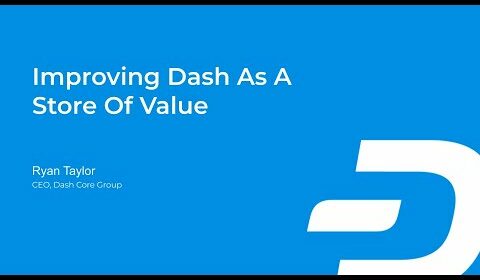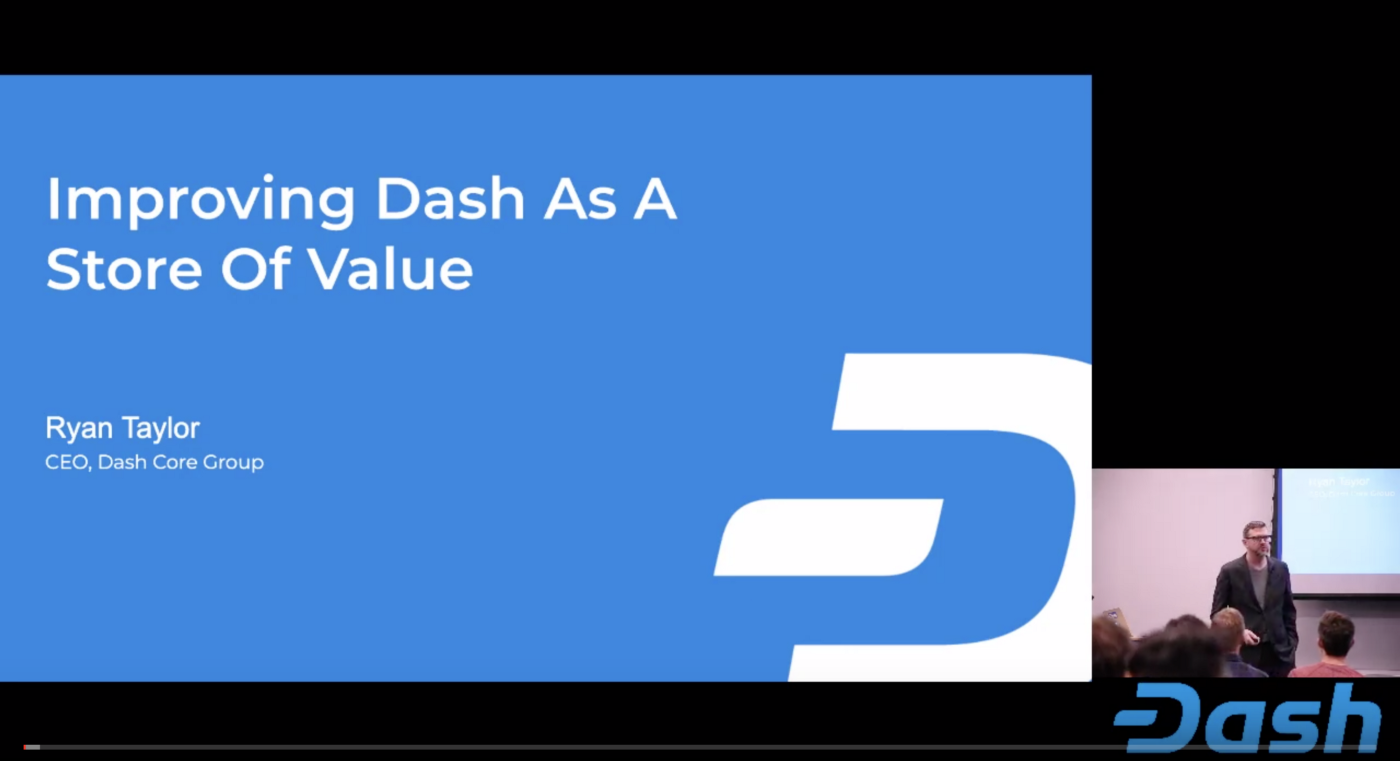 December 14, 2019 1:56 am
December 14, 2019 1:56 am
Community Engagement Plan for Improving Store of Value
Dash’s strategy to focus on user experience has yielded an incredible rate of growth in transactions and wallets. We continue witnessing increased real-world use in the markets we are targeting. However, despite our rapid growth, the value of Dash has underperformed the market.
At Dash Core Group’s recent Open House, we examined the economics of our network to understand past price movements in relation to the overall market, and offered possible reasons for them. We also applied reasonable assumptions going forward, to predict whether Dash’s economics would continue.
Here is a link to the presentation and brief Q&A that followed: https://youtu.be/7yylT6gAihc
I believe we made a convincing case for change, and early reactions from the majority of the community seem to agree. We stopped short of prescribing a specific solution to the issues discussed because we believe the best path forward is a transparent and collaborative process that engages with our community of users and masternode operators. In parallel, we will be consulting with researchers and experts to ensure high-quality input on critical design decisions.
DCG is committed to discovering a solution for which our community can support, that our engineers feel is secure, and that other experts (e.g., economics and game theory researchers) believe will solve the challenges we discussed.
Starting today, we are formalizing a process to gather input from the community. We plan to start gathering input on the Dash Forum at https://www.dash.org/forum/topic/dash-economics.150/ organized into various topics. We will also be hosting AMAs or debate topics in various other channels in which Dash users congregate to ensure broad access to the discussion (e.g., Reddit, Twitter, Discord). We will link to these community interactions on the related Forum threads to allow anyone to find and participate in any of the organized discussions taking place elsewhere.
As the process progresses, we may conduct auditable masternode polls using the same polling system we use for electing trust protectors and DIF supervisors. The input from these polls can provide useful information on opinions in a verified manner as we shape specific proposals.
Finally, any proposed solution that affects block rewards, consensus mechanisms, the governance system, etc would involve a formal decision proposal to the network requiring a 10% net “yes” vote before we would implement.
We encourage everyone to actively participate in the debate and express your preferences, priorities, and constraints you would want from a proposal. Everyone in the network will not agree on every aspect of the resulting change, even if we collectively decide to make no changes at all. But the beauty of our governance model is that change is possible, and if a supermajority agree that change is warranted, our governance model helps us all move forward as a community in a way that ensures a high degree of consensus.
I look forward to engaging with the community on these important debates, and I look forward to developing bold improvements to Dash’s economics. I believe that it is precisely our adaptability that is Dash’s killer feature, and I’m happy to see us taking advantage of that. I believe the following weeks and months will be exciting and beneficial for Dash in the long-term.
